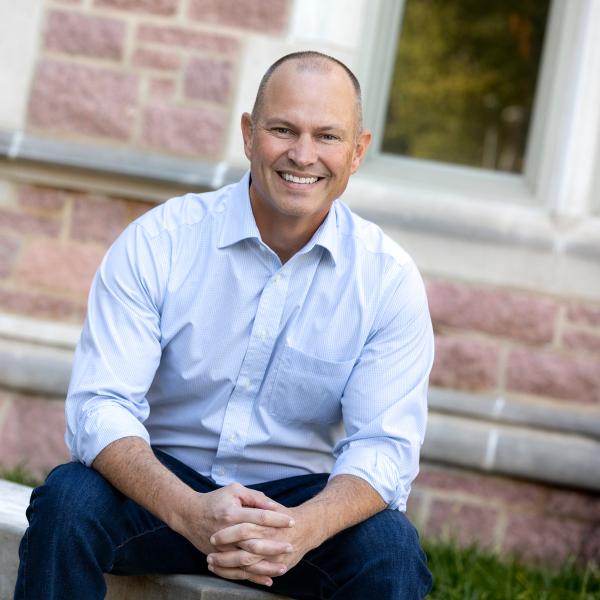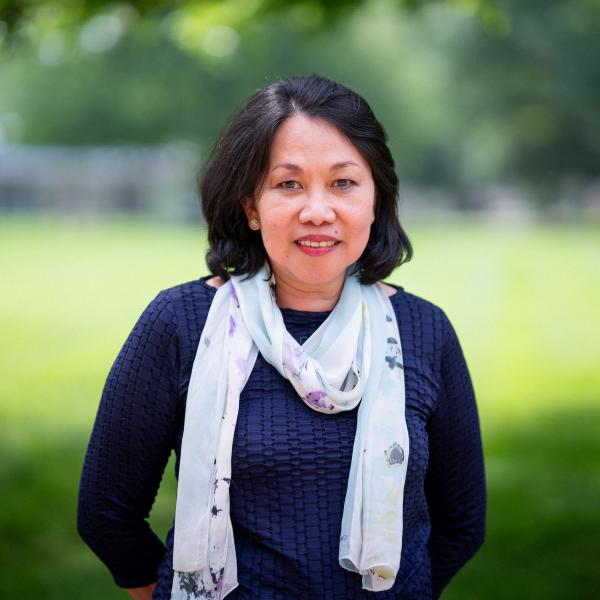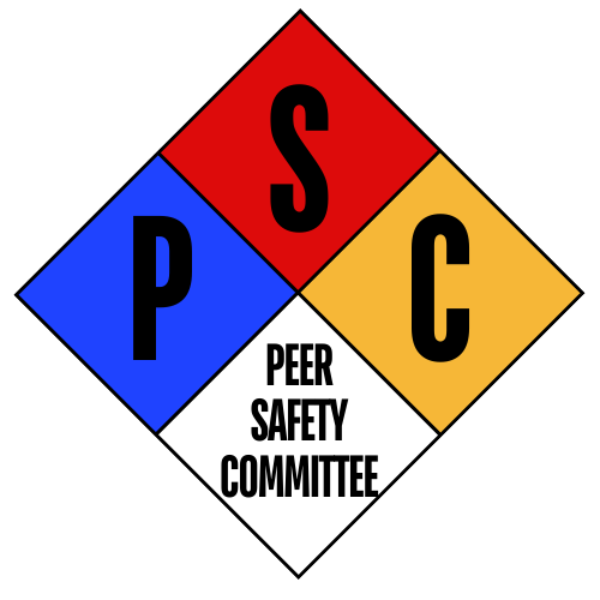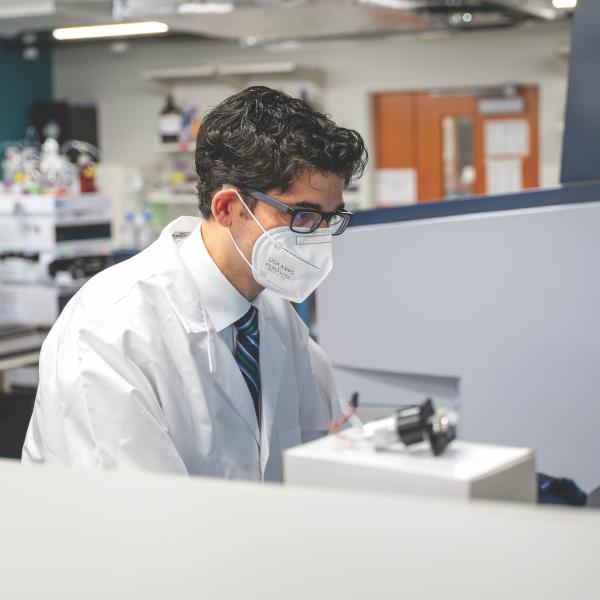Since 2020, six faculty members in Arts & Sciences have won prestigious NSF CAREER Awards. The NSF’s CAREER Award program supports junior faculty who model the role of teacher-scholar through outstanding research, excellent education, and the integration of education and research.
The Faculty Early Career Development Program (CAREER) is the National Science Foundation's most prestigious award in support of early-career faculty who have the potential to serve as academic role models in research and education and to lead advances in the mission of their department or organization. Since 2020, six faculty members in Arts & Sciences have won NSF CAREER Awards supporting innovative research, teaching, and outreach efforts in chemistry, geosciences, mathematics, and physics.
NSF funding is often critical to success for faculty members in STEM fields. Later this month, Arts & Sciences is hosting a grant-writing workshop aimed at boosting the competitiveness of faculty grant submissions to agencies including NSF. More details are available on the event page.
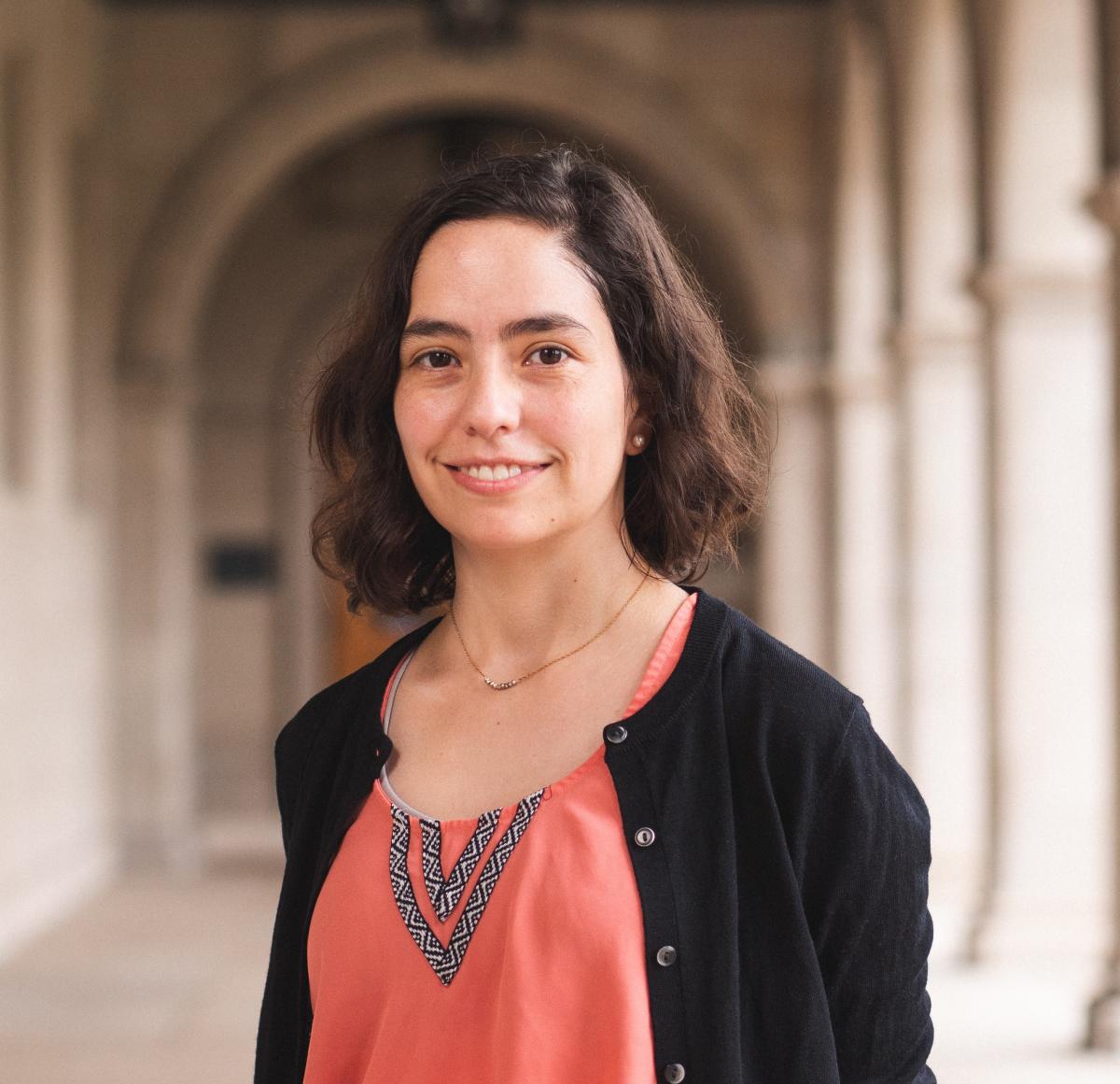
Laura Escobar Vega, assistant professor of mathematics and statistics
Escobar won a CAREER Award in 2022 for her project “Combinatorial Algebraic Geometry: Flag Varieties, Toric Geometry, and Applications.” Escobar’s project studies and develops discrete structures arising from the interplay between combinatorics and algebraic geometry with an emphasis on the interdisciplinary potential of combinatorics, specifically in machine learning and genetics. Escobar also anticipates broadening the participation of underrepresented groups in mathematics through research opportunities offered by Washington University’s Joint Post-Baccalaureate Program in Mathematics and the combinatorics summer school (ECCO) in Colombia.
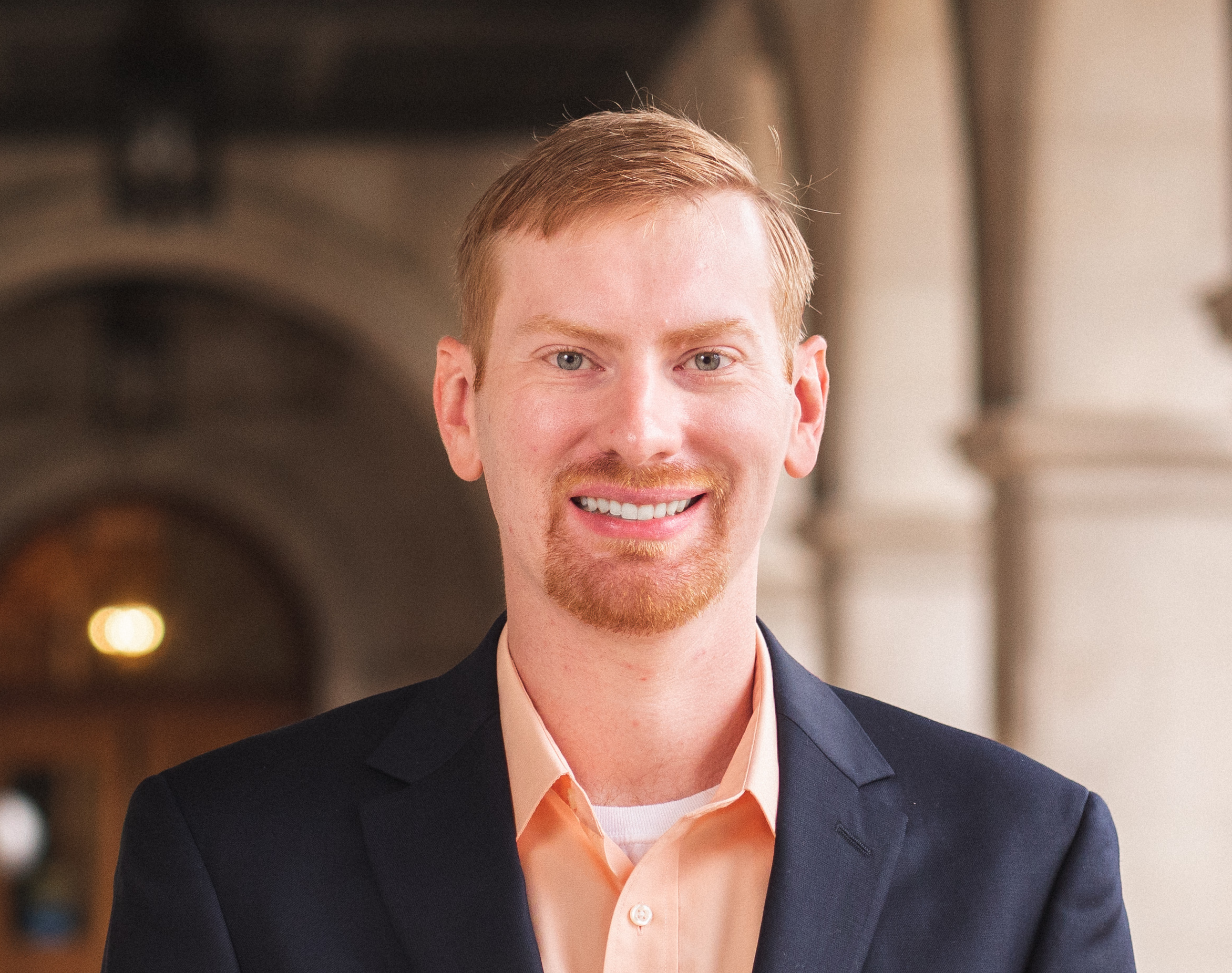
Joseph A. Fournier, assistant professor of chemistry
Fournier won a 2021 CAREER Award for his project “Direct Interrogation of Proton-Coupled Electron Transfer Reaction Dynamics and Mechanisms with Cryogenic Ion and Ultrafast Vibrational Spectroscopies.” Fournier’s research program focuses on fast chemical reactions, particularly charge transport processes. By developing novel techniques for studying very fast reactions, Fournier aims to better understand biological processes like photosynthesis, energy storage and transfer, and cellular respiration. Fournier’s project also includes support for participation in WashU outreach programs aimed at attracting St. Louis-area high school students to STEM fields, including the Catalysts for Change program and the Young Scientist Program’s Summer Focus initiative.
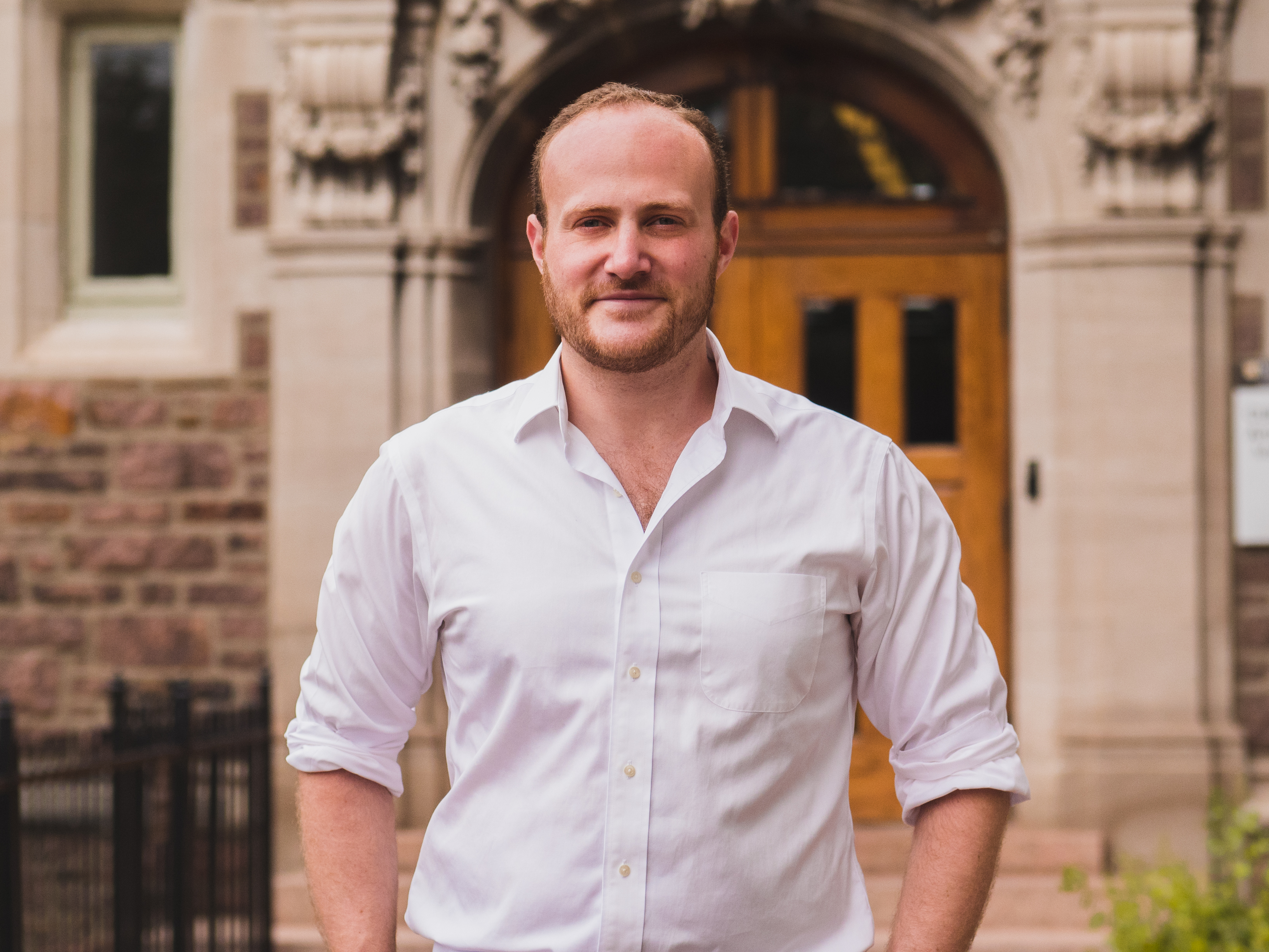
Steven Frankel, assistant professor of mathematics and statistics
Frankel received a CAREER Award in 2021 for his project “Universal Circles Between Dynamics and Geometry.” Frankel studies the relationships between the shape of a space, its symmetries, and the kinds of dynamical systems it supports. His previous research showed that certain kinds of flows must always have orbits that close up on themselves to form loops. His new project builds on that work to ask what those orbits can reveal about the shape of a space. For the educational component of his NSF CAREER effort, Frankel proposed an interdisciplinary project that he calls the State Space Project, drawing together faculty from Arts & Sciences and the McKelvey School of Engineering to leverage mathematical dynamical systems to support people working in fields from physics to neuroscience.
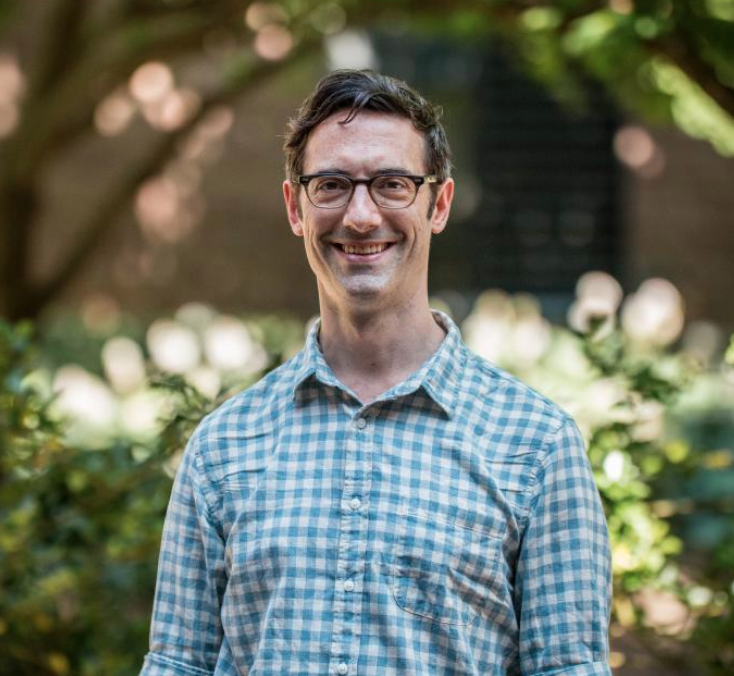
Erik Henriksen, associate professor of physics
Henriksen received a 2020 CAREER Award for research that explores many-particle interactions in graphene and other single-atom-thick materials. The behavior of electrons determines the fundamental properties of any material — such as its ability to conduct electricity, or its reflectivity. But these electron interactions are mostly impossible to directly perceive. Henriksen’s unique facility at Washington University allows him to shine infrared light through graphene under the influence of a strong magnetic field, at extremely low temperatures, revealing the fundamental ways in which electrons jostle with each other as part of a larger system and allowing Henriksen to observe novel particles and behaviors. Henriksen's award also supports his efforts in the physics department and in collaboration with the American Physical Society to increase diversity in the physics community, making it more representative of the nation as a whole.
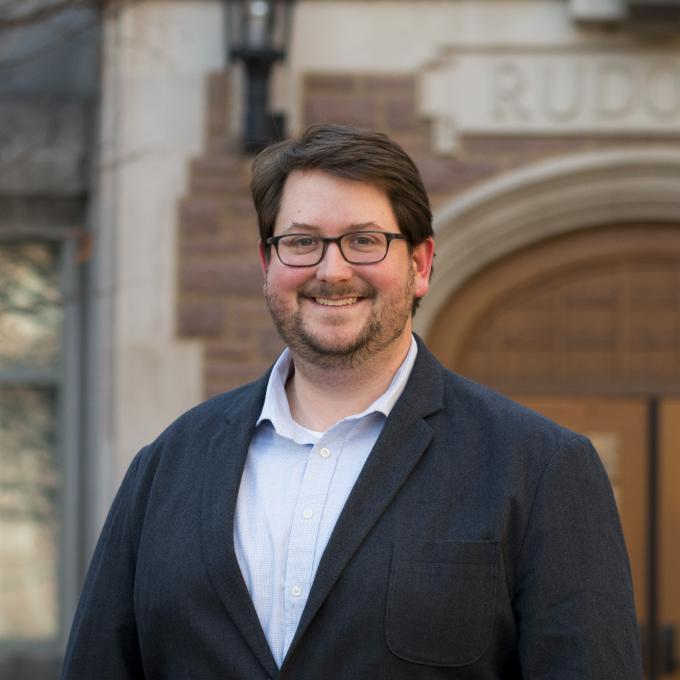
Michael J. Krawczynski, assistant professor of Earth and planetary sciences
Krawczynski won a CAREER Award in 2021 for his project “The Evolution of Super-Hydrous Magmas in the Earth’s Crust.” In the project, Krawczynski will apply experimental petrology, thermodynamics, and volcanology to explore how volcanoes work, especially how water affects the evolution of volcanoes and their behavior. This study will also be the first to experimentally determine geochemical pathways for the evolution of super-hydrous magmas in the deep crust. For the educational component of his NSF CAREER effort, Krawczynski will be partnering with WashU’s Fossett Laboratory for Virtual Planetary Exploration to create and distribute 3D lab modules and accompanying curricula using freely available augmented reality technology.
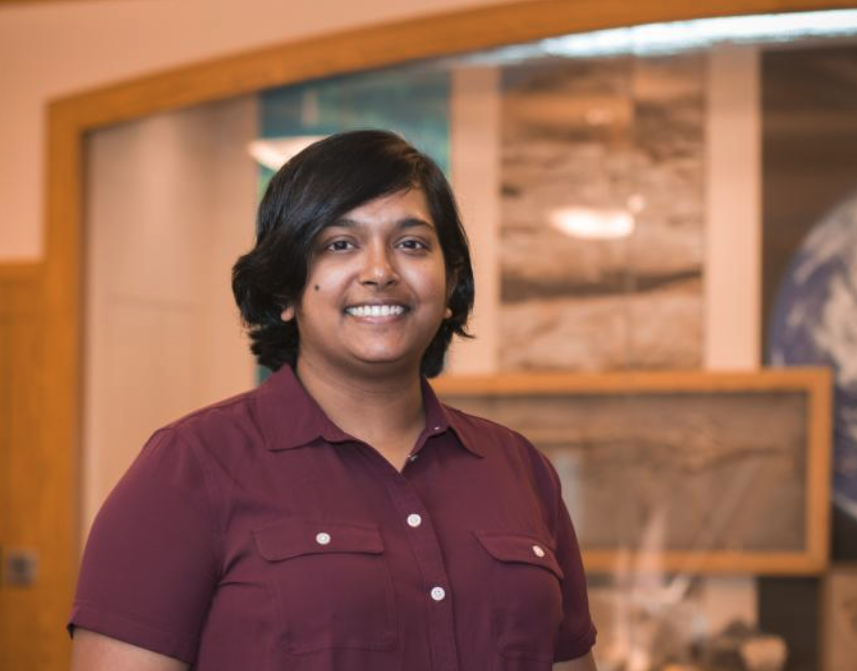
Rita Parai, assistant professor of Earth and planetary sciences
Parai won a 2022 CAREER Award for her project “Heavy Noble Gases in the Azores Archipelago.” Parai’s research focuses on heavy noble gases – neon, argon, krypton, and xenon – as unique and powerful tracers for the origins and movement of volatile elements and compounds among planetary reservoirs over time. These volatiles include essential ingredients for life on Earth, such as carbon, nitrogen, and water, and their changing distributions between the deep Earth and the surface of the planet have implications for Earth’s past and future habitability. To broaden the pool of students who pursue advanced study of the geochemistry of the deep Earth, Parai is also developing an updated curriculum for radiogenic isotope geochemistry, highlighting geochemistry’s power in studying how planets form and evolve.

